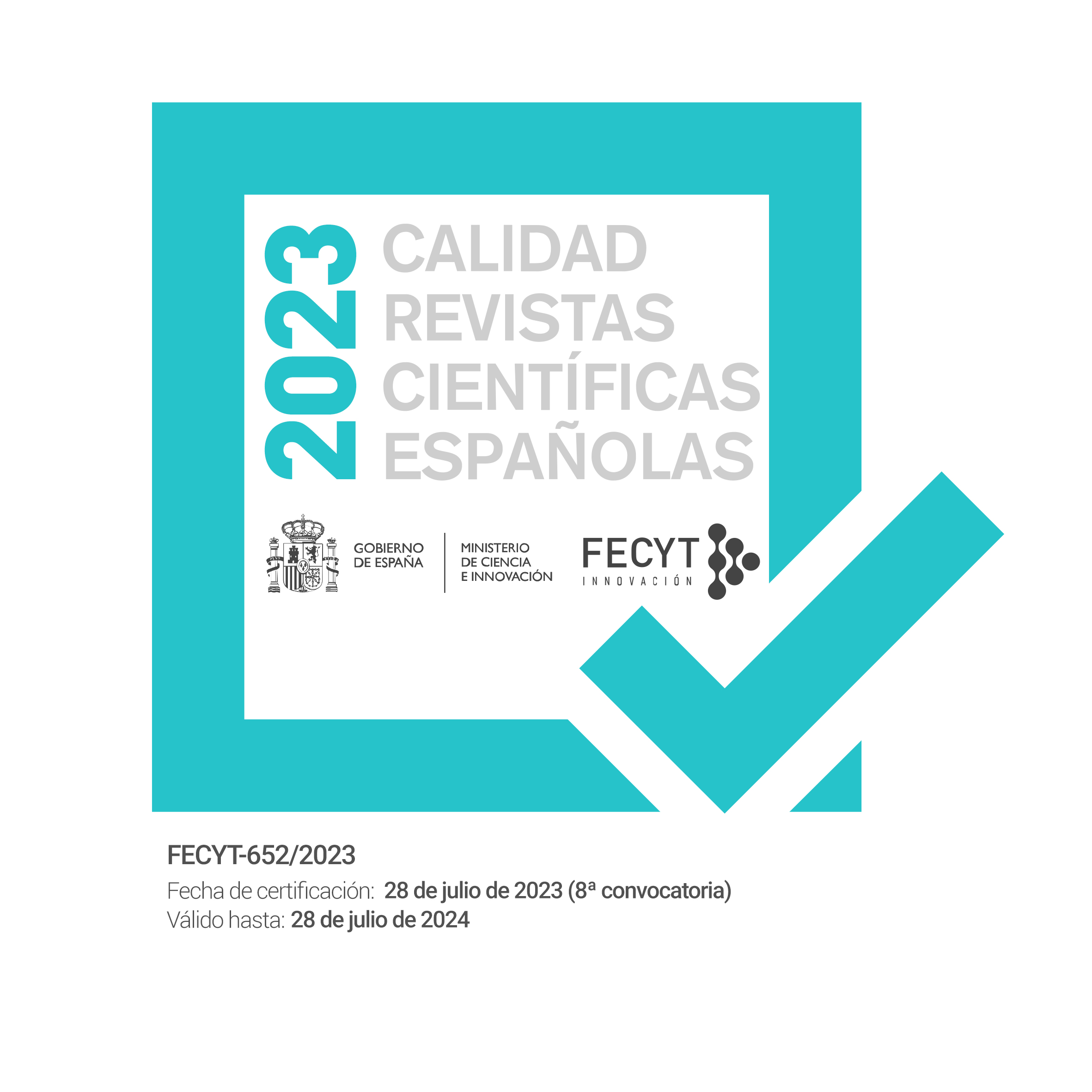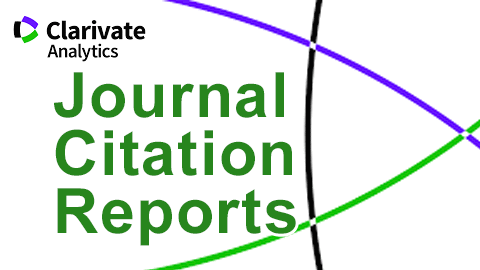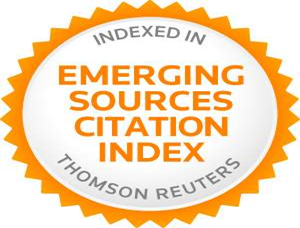





RæL-Revistælectrónica de Lingüística Aplicada is indexed in the following databases:
JCR, SCOPUS, Emerging Sources Citation Index, Academic Search Premier, Fuente Academica Plus, Communication & Mass Media Index, Linguistics & Language Behavior Abstracts, MLA - Modern Language Association Database, DIALNET, DOAJ.
RæL-Revistælectrónica de Lingüística Aplicada is listed in the following databases and directories:
ERIH-PLUS (European Reference Index for the Humanities and Social Sciences) CIRC. Clasificación integrada de revistas científicas.
LATINDEX (Catálogo V.1)
Ulrich's Periodicals Directory
MIAR
Políticas OA: Dulcinea (blue)
ISSN: 1885-9089


